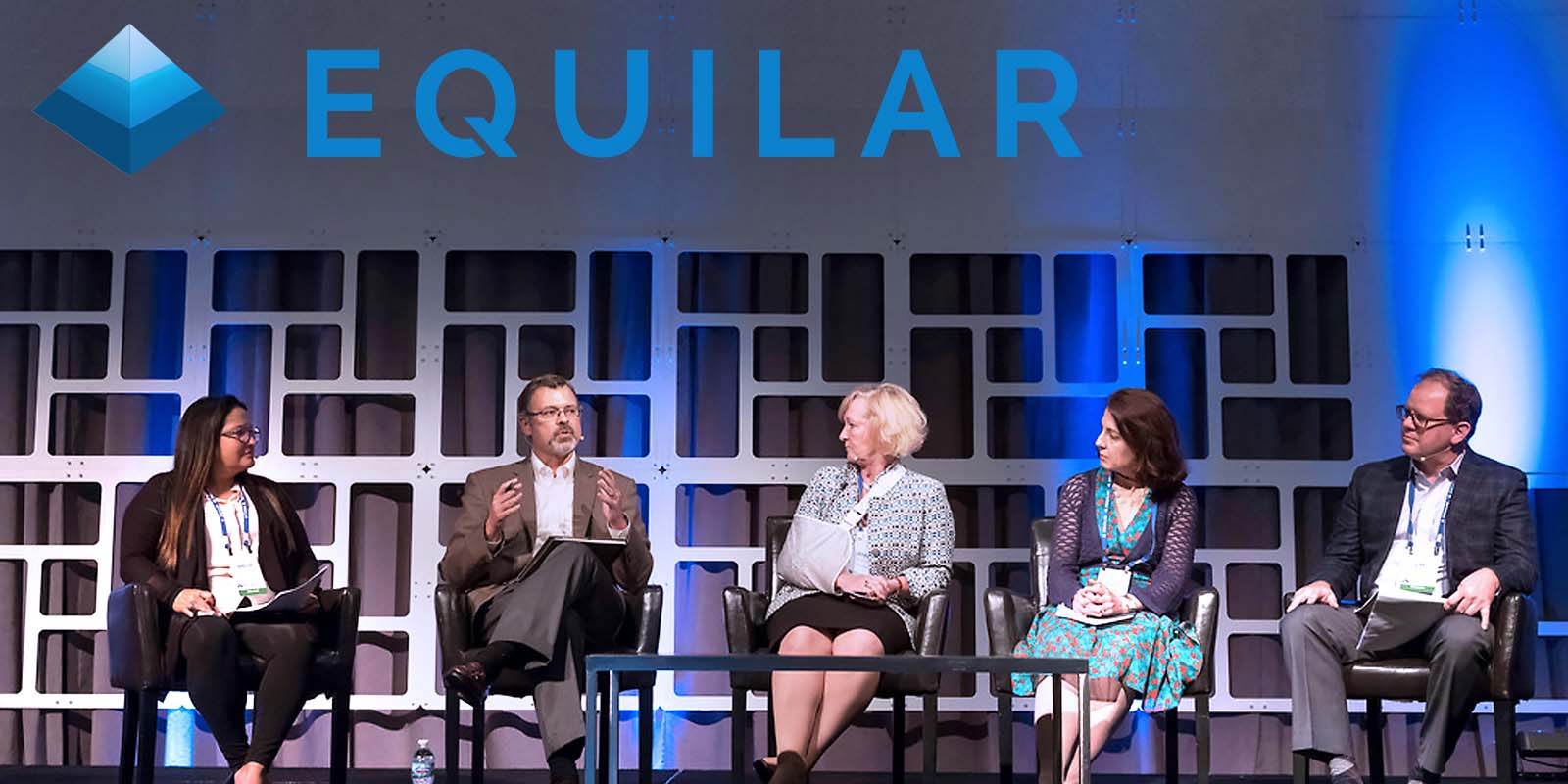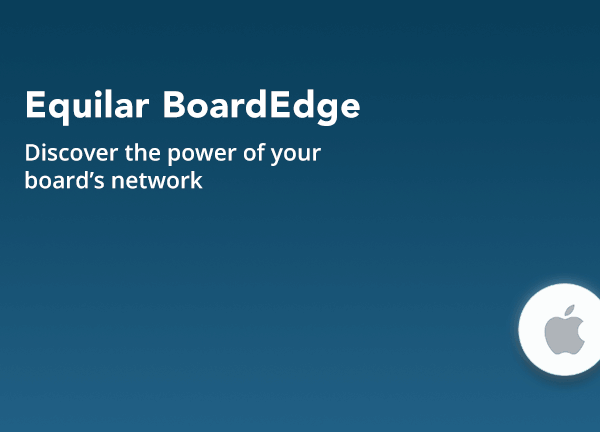Equilar Institute
Blog Home
Through the Looking Glass: What Does the Future Hold for Executive Compensation?

June 20, 2017
Compensation and performance incentives have shined a light on what boards and companies value most in terms of performance and goals. Compensation doesn’t just look at the role of an executive or member of the board—it dives deeper, taking into account an individual’s overall performance and how they helped the company achieve its goals.
At the recent Equilar Executive Compensation Summit, compensation consultants convened for a panel moderated by Shelly Carlin, Vice President, Center on Executive Compensation, including Eric Hosken, Partner, Compensation Advisory Partners, Blair Jones, Managing Director, Semler Brossy Consulting Group LLC, Jan Koors, Managing Director, Pearl Meyer, and Will Ferguson, Senior Partner, Mercer
According to these experts, the three most important compensation discussions over the past year included:
- Shareholder engagement is becoming more specific, individual conversations with investors.
- Convergence across industries means that the nature of talent competition is changing. Peer group conversations are becoming more interesting as a growing number of companies look for talent across different industries.
- Goal-setting is the next step beyond performance measures.
The following notes and quotes provide a short recap of the panel and what these professionals see at the most critical topics looking forward.
Governance and Shareholder Engagement Implications for Compensation
The increase in shareholder engagement has had a major impact on compensation. Open dialogue between shareholders and the board has become beneficial in giving investors a better understanding of the decisions being made at the board level, and a vast majority of the time this interaction has been positive. Typically investors are not looking to dictate what’s taking place in the boardroom, rather they often seek a better understanding of the board’s thought process in decision making.
The increase in shareholder engagement has helped investors form more informed opinions, allowing them to ask more developed questions at shareholder meetings. The open dialogue has helped both shareholders and boards construct and carry out better plans and strategies for moving the company forward.
With increased shareholder engagement, board management is key. It is important that everyone, investors and board members included, has a voice at the table, but there must be a balance in the role of power structure amongst shareholders. The level of shareholder engagement in board decisions is often dependent on the issue at hand. An imbalance in power amongst the board and investors is typically caused when one or more parties become “agitated” with an issue.
Social media has become a new outlet for allowing shareholders to voice their opinions and concerns regarding board decisions. There is less regulation in channels such as LinkedIn and Twitter, creating a vacuum that investors, other stakeholders and outside observers will likely fill when upset with a board’s ruling.
Looking Ahead: Predictions for the Future of Executive Compensation
At the end of the panel, each individual gave his or her one takeaway looking into their crystal ball for the next year:
“The topic of gender pay equity will be a major discussion for compensation committees. State laws and shareholder proposals discussing gender will likely build up over the next few years.”
“Pay inequality and goal-setting will continue to be hot button issues for executive compensation.”
“You will have to do your CEO pay ratio.“
“A growing number of committees will begin to focus on leadership performance, bringing the talent discussion to the compensation committee room.”
Visit www.equilar.com/events to learn more about Equilar symposiums.
Please contact Dan Marcec, Director of Content & Communications at dmarcec@equilar.com for more information on Equilar research and data analysis. Cydney Myers, associate editor, authored this post.
 Solutions
Solutions











